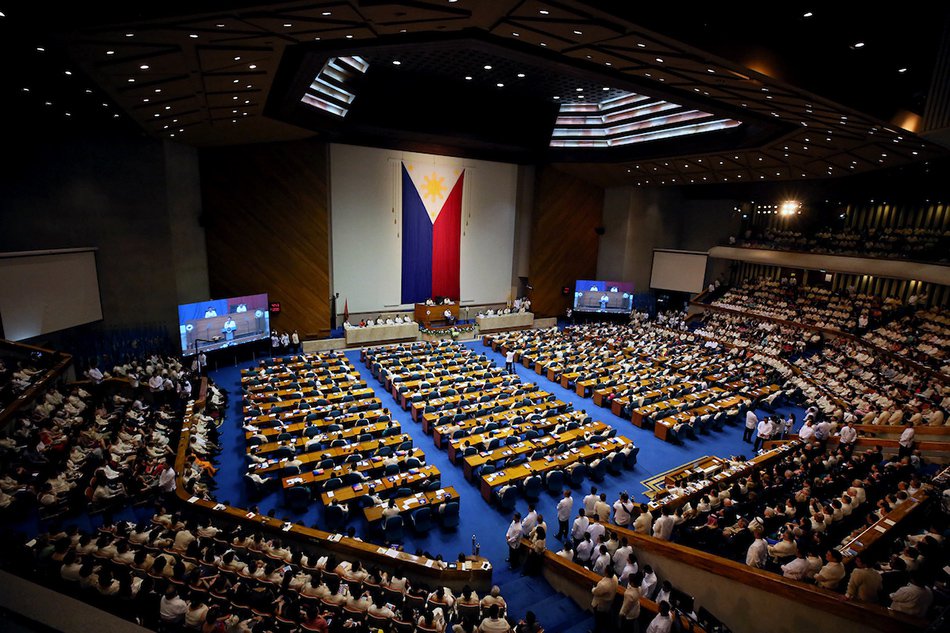News
House OKs changes to Public Service Act on 2nd reading

The chamber passed via voice vote House Bill No. 78, which seeks to provide a clear statutory definition of a public utility. (File Photo: House of Representatives of the Philippines/Facebook)
MANILA — The House of Representatives on Tuesday approved on second reading a measure amending the 84-year-old Public Service Act.
The chamber passed via voice vote House Bill No. 78, which seeks to provide a clear statutory definition of a public utility.
Under the bill, public utility refers to a “person that operates, manages, and controls for public use” any of the following: electricity distribution, electricity transmission, and water pipeline distribution or sewerage pipeline system.
The bill also proposes that the National Economic and Development Authority (NEDA) Secretariat, in consultation with the Philippine Competition Commission (PCC), shall recommend to Congress the classification of public service as a public utility on the basis of the following criteria:
1) the person regularly supplies and directly transmits and distributes to the public through a network a commodity or service of public consequence;
2) the commodity or service is necessary to the public and a natural monopoly that needs to be regulated when the common good so requires;
3) the commodity or service is necessary for the maintenance of life and occupation of residents; and
4) the commodity or service is obligated to provide adequate service to the public on demand.
Albay Rep. Joey Salceda, the bill’s author, said, this legislative reform will significantly contribute to increasing competition, as well as protecting the public interest.
“More competition among providers would result in lower prices and improved quality of basic services in the Philippines creating a more competitive economy towards a better quality of life for all,” Salceda said.
AAMBIS-OWA Party-list Rep. Sharon Garin, the chairperson of the House Committee on Economic Affairs, said Philippine competitiveness, as well as its economic growth and development, is hampered because the Constitution limits the operation of public utilities to Filipino-owned corporations, with the same limitations being applied to all public services.
“By eliminating the ambiguity of the law, more economic opportunities will be provided to the Filipino people. The passage of House Bill 78 will allow new players to invest in the Philippines, therefore ushering competitive industries and reducing prices for Filipino consumers,” said Garin.





















